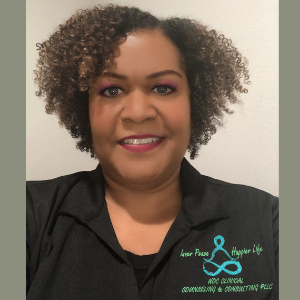Therapy is about you: You’re the boss, and people forget that. Our job [as therapists] is to guide people to where they want to go. The important thing to remember is that the therapist-client relationship is exactly that a relationship.
Therapy is a team effort. If you don’t take an active part in the session, you won’t find the counseling experience valuable. Here are some things you can do to make your first session as successful as possible.
Be open. Therapists/ Facilitators are trained to ask the right questions, but they’re not mind readers. The therapist can do his job more effectively if you answer the questions openly and honestly.
Be prepared. Before you get to the session, know how to describe “what’s wrong,” and to describe your feelings about your problem. One way to prepare is to write down the reasons you’re seeking help. Make a list and then read it out loud. Hearing yourself say it a few times will help you describe things more clearly to the therapist.
Ask questions. The more you understand the treatment experience or how the programs work, the more comfortable you’ll be. Ask questions about the therapy and treatment process, and ask the therapist/ facilitator to repeat anything you don’t understand.
Be open and honest about your feelings. A lot will be going through your head in this first session. Listen to your own reactions and feelings, and share them with the therapist. You’ll both learn from these insights.



